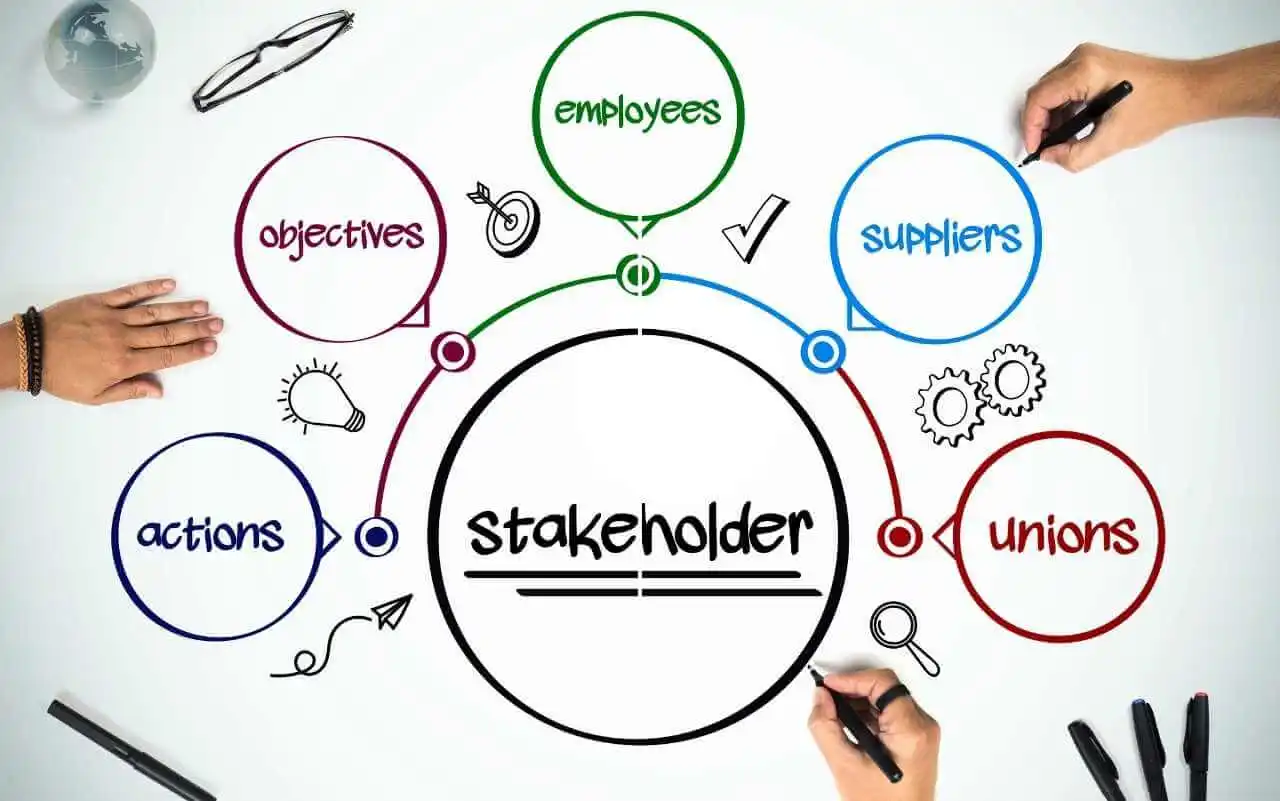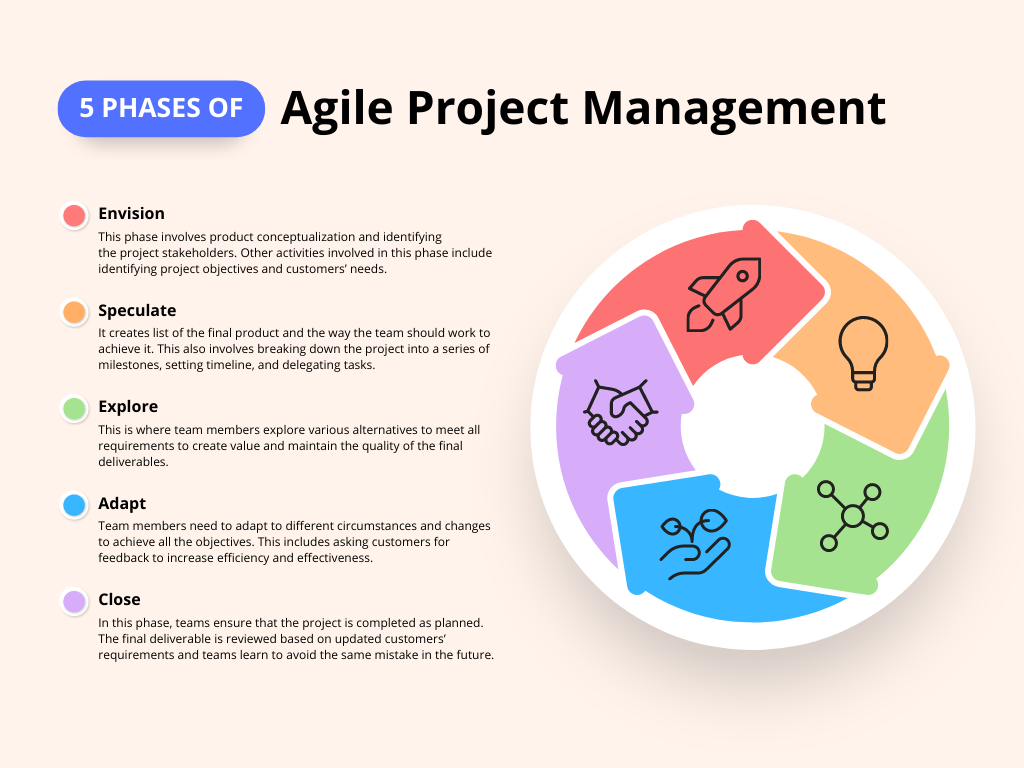
Acquiring a slot as a project manager in any workspace is no small feat. Meeting all requirements regarding the application, passing set exams, and maintaining a project management certification is hard work. Despite all that, as one who is new in the workspace or an expert even, not all projects proceed as envisaged. When conflicts arise due to various reasons, the team would rely on you as the project manager for prompt and effective conflict management.
Without a doubt, holding a certificate in project management implies your understanding of project management frameworks to a large extent. However, keeping in mind that a conflict could arise unexpectedly, what would be the best way to go around project management? While the methodology to work with is up to your discretion as the project manager, we will outline some tips that would help you effectively work around conflicts as a project manager. But first, let us consider what conflict management entails.
What is Conflict Management?
Simply put, conflict management entails the ability to map out potential causes for conflict or identify conflicts when at play and effectively eliminate these conflicts for the smooth transitioning of projects. Several factors including the unyielding amount of competition in the workspace and diverging views often tend to be a source of conflicts.
In the face of conflict, effective conflict management steps must be taken to curb the issue almost immediately. Let us now consider some eight tips to curb conflicts as a project manager.
8 Tips for Managing Conflicts as a Project Manager
These eight tips would help you effectively handle tasks as a project manager when conflict arises or before it presents itself –
1. Understand each member of your team and delegate
As is required of a competent project manager, you have to assign tasks to the individual members/groups of the team according to their abilities. Doing so increases the efficiency of the group. Delegating a particular individual/group in a way that assigns several parts of the project to one resource set is known to lead to conflicts. So, ensure that no member of your team is overwhelmed and this would limit the risks of conflicts arising from poor resource allocation.
2. Create clear work channels
Conflicts sometimes arise in situations where accountability is demanded. To prevent such, creating functioning channels at the outset of each project would be of help. For example, in the financial aspect, you can demand that all purchases and project-related expenses go through you. This way, you can keep track of expenses with relative ease.
3. Communicate in clear terms
In the face of any conflict, clear communication is paramount. If some form of miscommunication either in assigning tasks or rendering reports has caused a conflict to present itself, clear communication is needed to straighten this out. And if miscommunication of the project details were not the source of the conflict, individual, cultural differences, or some other factor may be at play. Whatever the case, effective communication is key. Communication in conflict management as a project manager would also be demanded of you in rendering complaints to involved stakeholders where necessary.
4. Prioritize client satisfaction
In the face of new terms being introduced to a project at hand, settling for a course of action could somewhat be a dilemma. However, even when the demand of the client seems wrong, the result should be as the client desires. As a project manager, therefore, your client comes first. Bearing this in mind would help to prevent conflict from arising between the client and your team.
5. Consider various opinions in the search for a solution
Taking advantage of the difference in views of each team member sometimes plays an important role in conflict management. While you may have to sift through and sometimes modify valid options or opinions, having the members of your project team contribute to finding a way out could prove helpful.
6. Avoid Project Scope Creep
Another prospective cause of conflict stems from scope creep. A project may deter from the original scope at the request of a stakeholder. Changing the desired result, goals, or the pre-stated conditions of a project would cause a degree of imbalance. It would equally lead to delays and changes in the budget. To avoid conflicts that may arise from this occurrence, you should try your best to avoid scope creep altogether. To do this –
- During project planning, remain proactive to ensure a complete understanding of the expected results.
- Clearly state that no ad-hoc changes will be accepted. Doing so would eliminate reasons for any delay and spending outside of the budget.
7. Set milestones
Team conflicts may arise when an individual or a part of the team delays in turning in results. This could in turn affect the general performance of the team. To minimize and even eradicate these conflicts, setting milestones for the project would come in handy. With specific durations allotted to different members/groups, the various parts of the general project would come together in time. Milestones also make projects look less overwhelming to members of project teams.
8. Give your team an extra nudge
Undoubtedly, imposing a certain attitude to work on the members of your team is not a breeze. While you cannot coerce these individuals on your team to think like you, you can provide them with enough reasons to adopt a positive attitude toward work. One such way is being a source of motivation. Keeping your team motivated is one way to avoid project delays, and in turn, passing blames. You can motivate your team in the following ways:
- Set incentives – At the start of a project, you can set incentives as a form of reward to guarantee that the project deadline is met.
- Create a motivating atmosphere – Everyone loves being acknowledged for a job well done. With this in mind, as a project manager, strive to commend the members of your team (especially those who put in the most work) after each project. Doing this in front of the other team members would encourage them to do more going forward.
Wrapping Up
Rather than take other options like withdrawing from a conflict, coercing conflicting parties, or compromising, the best way out of a conflict is often confrontation. When issues arise in your project team while following appropriate project management methodologies, facing the conflict head-on would prevent it from resurfacing. And through effective risk assessment, you, as the project manager, can ensure that some conflicts do not arise.
Putting the difference in the skillset of each member into consideration is one sure way to evenly distribute the workload. When members of the team come together to work out personal differences, cultural differences, or background differences, this would reduce the possibility of conflict due to these factors going forward. Note that taking preventative steps for subsequent projects would reduce the chances of the recurrence of such conflict.







